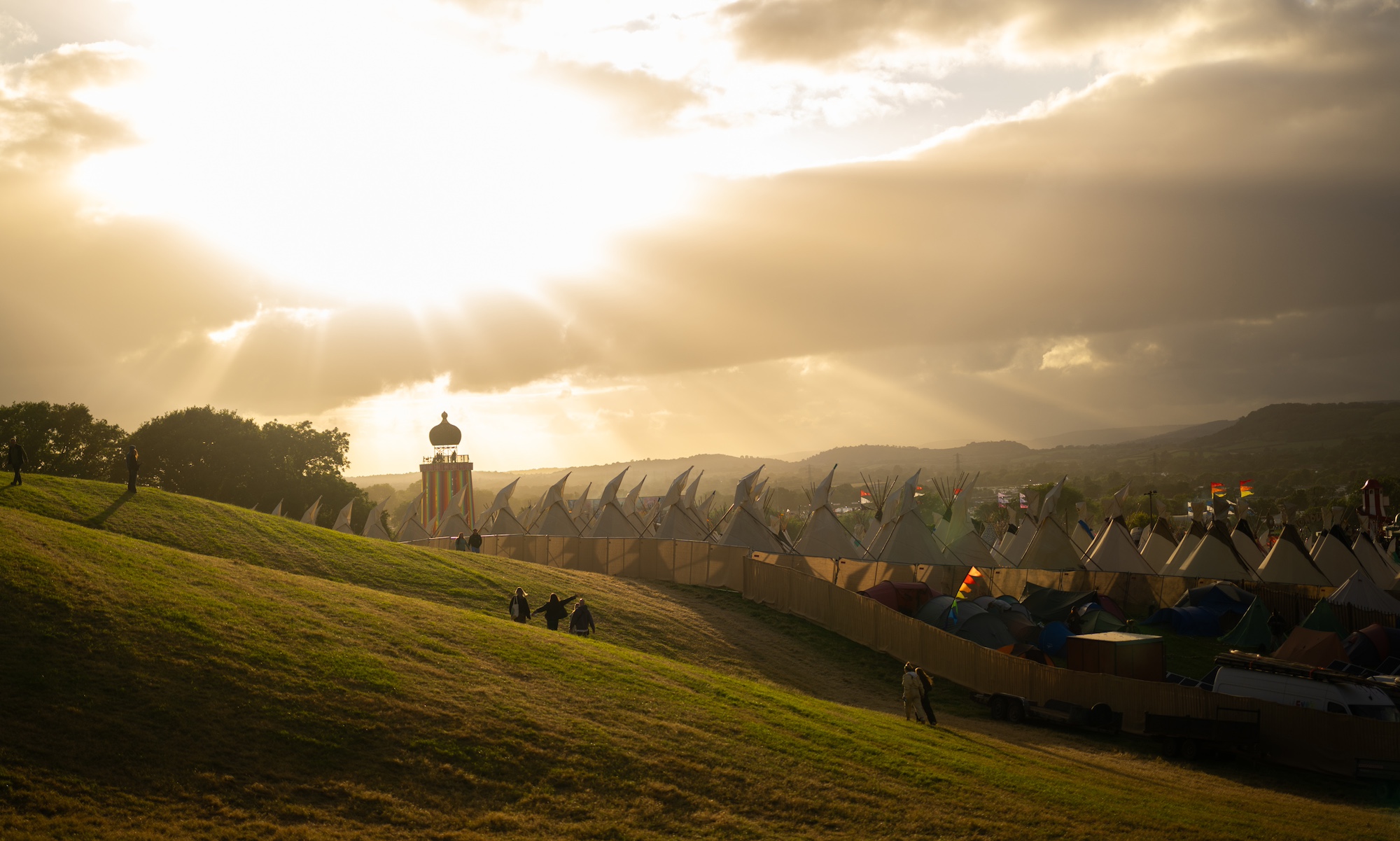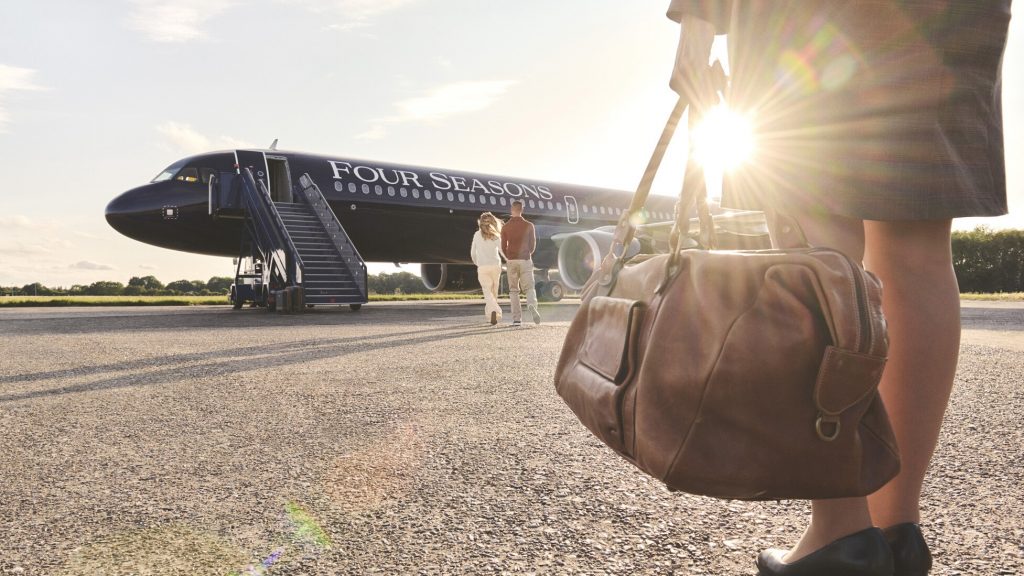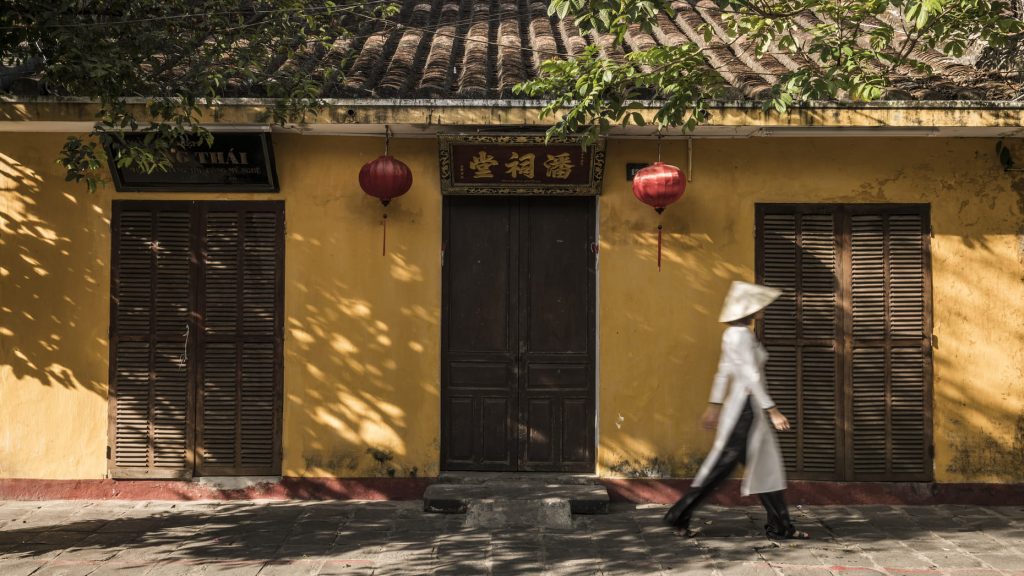At last year’s Glastonbury Festival, held as always on a 900-acre farm in England’s Somerset region, the programming was typically eclectic and electric. Maybe you wanted to sway with retro abandon as Shania Twain sashayed alongside a parade of hobby horses and a glammed-out gang of dancers and drag queens. Or perhaps it was a chance to see Dua Lipa let loose amid confetti canons and pyrotechnics, or see SZA close the weekend twerking in fairy wings halfway up a tree onstage as she teased the crowd.
Music lovers have far more options in 2025—at Glastonbury and beyond—as the United Kingdom stakes its claim as the top gig-jetting destination, with a busier-than-ever festival calendar.
From June 2 to 7, the Austin-born festival SXSW (South by Southwest) will make its European debut in dozens of venues in London’s hipster-heavy East End. Also new is Lido (June 6 to 7 and June 13 to 15), a massive operation produced by behemoth AEG that features Charli XCX as a lineup curator.
Returning shows this summer include BST Hyde Park (multiple dates in June and July), an event that’s always headlined by a world-famous name (this year: Sabrina Carpenter), as well as Glastonbury (June 25 to 29), where headliners will include Rod Stewart and Neil Young. Also in the mix is the AEG-produced All Points East (August 16, 22, 23, and 24) with Raye, Tyla, and Doechii performing. (Smaller, niche festivals—like underground music-focused Wide Awake, lavish popfest Mighty Hoopla, soul-funk-powered Cross the Tracks, and electronic celebration Field Day—kicked off the festival season in May.)
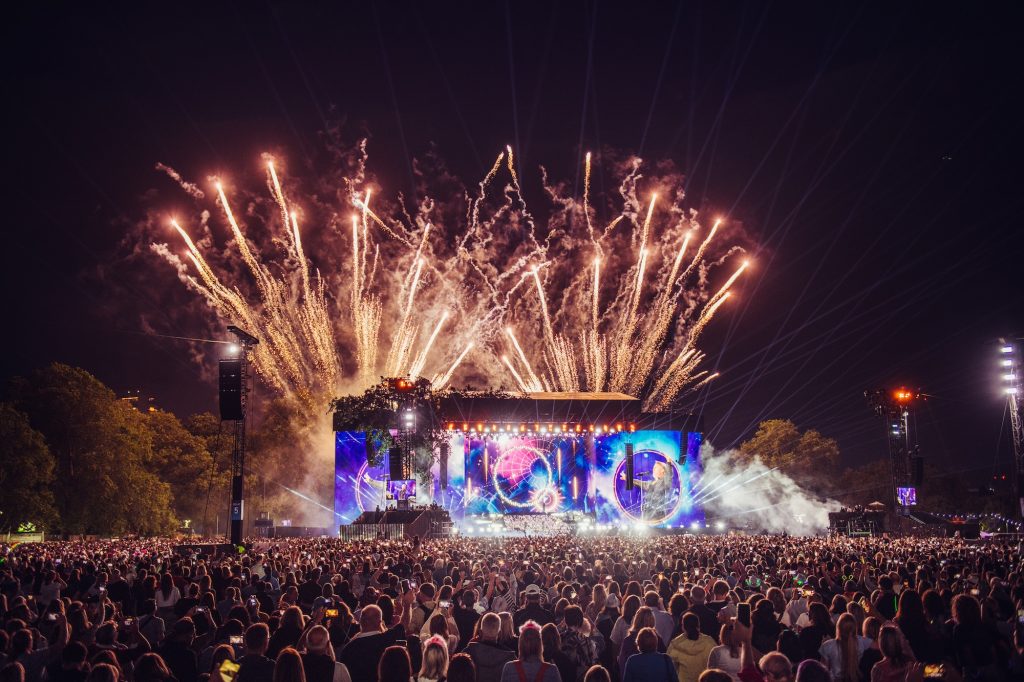
On the tour front, there’s a little thing happening called the Oasis reunion, with 17 U.K. shows, kicking off July 4 in Wales. Still, the big new event on music calendars this year is the United Kingdom’s take on SXSW.
The new SXSW offshoot will take inspiration from British music traditions while also presenting a fresh approach to programming versus the almost 40-year-old event in Austin, Texas (where last year’s lineup included everyone from Meghan Markle to Jane Fonda). Music, film, gaming, tech, and business will all be present, but SXSW’s London offerings will run simultaneously, rather than sequentially, per the Texas model. “The core mission of ‘South by’ is what’s new and what’s next, but we’re doing them all at the same time so there can be many more moments of convergence,” says Adem Holness, head of music for SXSW London. “You can watch a film, catch a talk, or come see a band.” Discoverability is crucial, with every venue, whether a church or a nightclub like XOYO, within a 15-minute walk.
Holness tapped the likes of A&R maestro Nathan Barley Phillips to sit on the jury that reviews submissions. And plans are for the newest SXSW to reflect the eclectic, international nature of London’s population: Korea’s Seoul Community Radio and Deadly (which champions Jamaican music) are among the co-curators on tap. “British and European audiences have an open mind for form and different types of performance—we can put classic next to experimental and electronic, and find a space in between the two,” says Holness.
SXSW’s team can take inspiration from an already thriving event that takes place in the same neighborhood each spring, the Brick Lane Jazz Festival. “We’re going to meet for a coffee next week,” says Brick Lane organizer Juliet Kennedy of her counterparts at SXSW London. “I’m up for helping them as much as I can.”
Kennedy runs a nightclub in the neighborhood, Ninety One Living Room, and started the festival in 2022 to help post-pandemic recovery in the live music sector. She posits that the liveliness of festivals in Britain right now derives, in part, from the harshness of the country’s COVID-era experience, which included multiple lockdowns over a two-year period. “That sense of togetherness is central to all festivals, but the pandemic is the reason we exist,” she says.
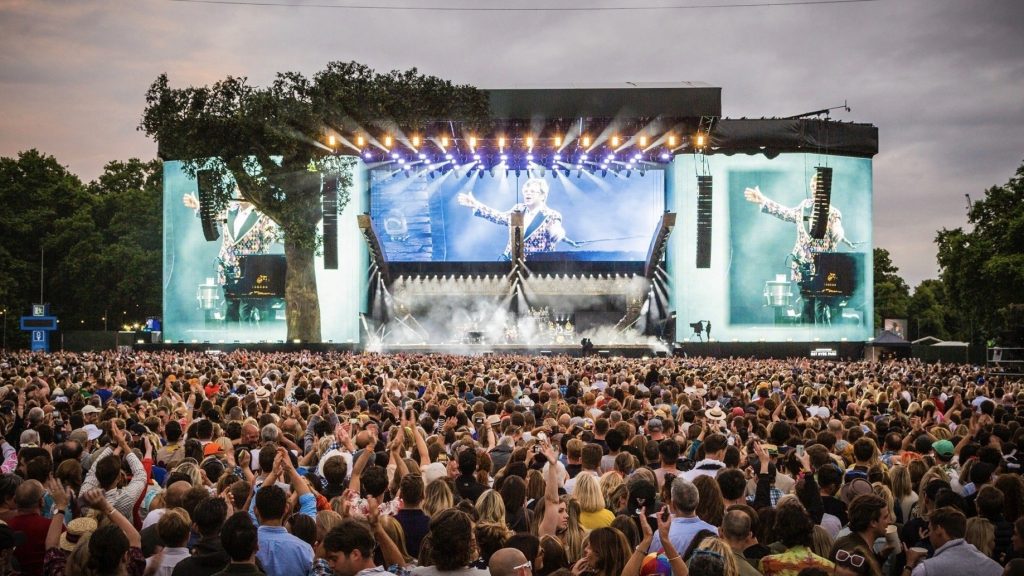
Three thousand people attended Brick Lane’s first year; for 2025 (April 25 to 27), Kennedy sold more than three times the number of tickets, each of which grants access to a dozen venues around the area. French singer Adi Oasis—“a goddess,” says Kennedy—headlined one night, and octogenarian American instrumentalist Laraaji closed the fest. “There’s a strong concept of jazz as a middle-aged sort of chin-stroking affair,” she says. “But it’s lively and young, and you can be on your feet dancing.”
The United Kingdom will host a complementary range of classical-skewing events, too. Helen Brocklebank, CEO of Walpole, the trade body for luxury in the United Kingdom, puts it succinctly: “This is a superpower of Britain—we do music like nobody else, from Glastonbury to Glyndebourne, always with a level of excellence.”
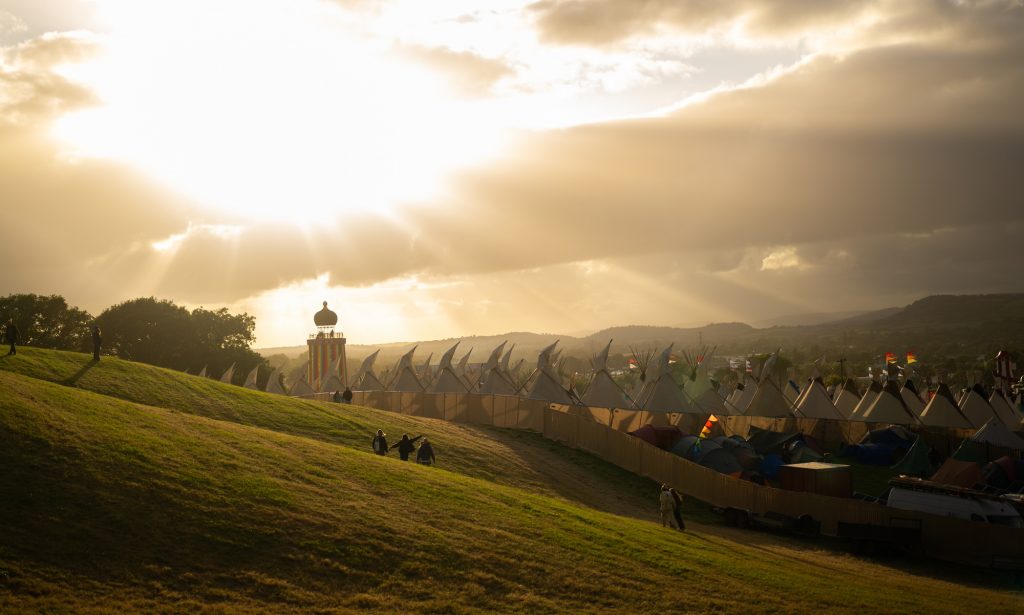
At Glyndebourne, staged at a grand country house in East Sussex from May 16 through August 24, guests can enjoy opera while picnicking on the lawn, Champagne in hand. This year, Glyndebourne will present its first-ever production of Parsifal, as well as a commission based on the children’s book The Railway Children. Artistic director Stephen Langridge notes that 25 percent of visitors were new to Glyndebourne last year, and 25 percent of those were new to opera. “We’re hoping to be the gateway drug,” he says with a laugh, noting the madcapness of locating an opera festival on the rolling lawns of a manor house. “It’s very English, and there’s an eccentric thing underneath it, especially when you see the sheep in fields nearby.”
Options for classical music lovers also include the nearly 110-year-old Thaxted Festival, taking place June 20 to July 13 in northwest Essex, and the BBC Proms, an eight-week summer season of shows at the Royal Albert Hall in London (July 18 to September 13). The latter, says Zeb Soanes, a presenter for the independent British radio station Classic FM, is “part of the fabric of British life, like Wimbledon and the chimes of Big Ben. It’s the largest classical music festival in the entire world, but the great thing is, it’s wonderfully all-inclusive. Rufus Wainwright did a concert, and late night, there is jazz, soul, and funk.”
British music festivals, then, are distinctive for their wide-ranging, unpredictable programming, but there’s something else that sets them apart, at least according to Lisa Verrico. She’s a journalist and longtime festivalgoer who has produced countless guides to Britain’s annual calendar of music offerings. Unlike Coachella—“you go once or twice to take a photograph of yourself there,” says Verrico—modern British festivals are intended to be fresh every year and, most crucially, family-friendly. Her twentysomething daughter first started accompanying her at the age of two and is now an avid attendee herself. Says Verrico, “If you grow up going to festivals and loving them, you’ll go back—that’s why, now, everybody goes.”
